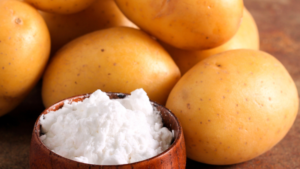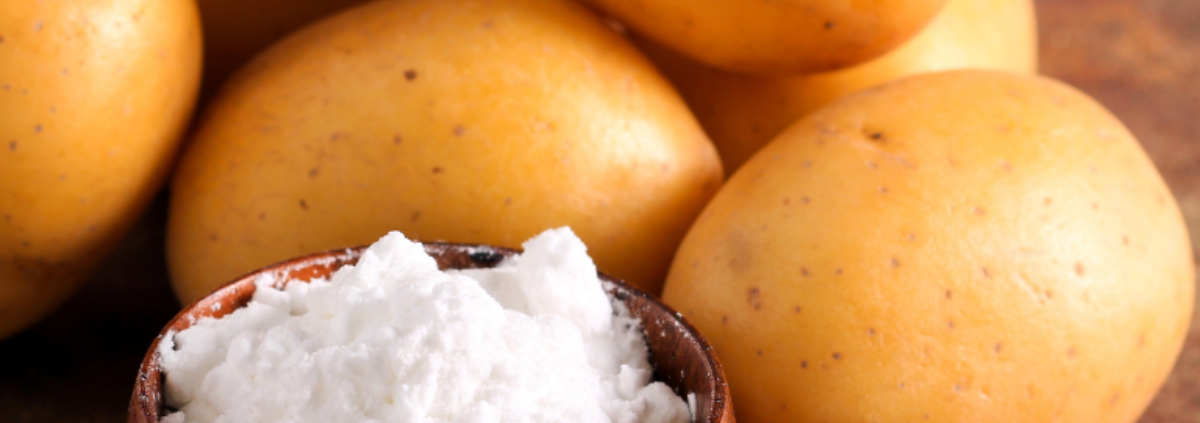CASE STUDY: MICRODOSERS OF POTATO STARCH ON PLASTIC FILM AFTER EXTRUSION
The plastics processing industry is constantly striving to improve the efficiency of production processes and ensure the quality of finished products. One of the crucial aspects in this industry is the addition of additives and functional materials, such as potato starch, to plastic films during the extrusion process. In this article, we will examine a case study regarding the implementation of microdosers for adding potato starch to plastic film after extrusion, and discuss the benefits and challenges associated with this technology.

Analysis of customer needs
The customer, who turned to STM Microtec, uses an extrusion process of two sheets of film which are then joined together. However, the process is characterized by considerable variability, and extruded film production can vary significantly throughout the day.
The customer had previously installed several screw feeders, but these devices were not performing in terms of quality and consistency of the dosing, limited dosing range and lack of an integrated operating logic to the machine.c
Testing and data analysis
To better understand the dynamics of the customer’s process and identify the most suitable solution for their needs, STM Microtec conducted a series of tests in its laboratory, simulating the customer’s process and using part of the customer’s plant.
After collecting and analyzing the data obtained from the tests, STM Microtec evaluated, using calculation algorithms, the most suitable dimensioning of the machine for the customer.
Machine design in synergy with daily use
The machine designed by STM Microtec was designed to be used daily and continuously, in an application where food compatibility is required. This is possible thanks to:
– Robust body in stainless steel
– Parts in contact with the material are in food silicone.
– The grease used for the rotation bushings is completely food grade.
– The storage hopper, suitable for containing a 25 kg bag, has an ideal angle of inclination even for less flowing products.
– The hopper opening is equipped with an easy charging system, which facilitates the sliding of the product through the protective grid.
Precise and constant dosage
The internal agitator reel of the machine has been designed to avoid compacting the material and keep the product arriving at the dosing screw fluid. The dosing of the product was the main challenge of the project, as it was necessary to guarantee a wide dosing range and a dosing precision of less than 2%.
The coaxial thruster was another challenge of the project, as it had to guarantee the smooth and continuous flow of the product in a restricted section of pipe and with maximum pressure parameters very limited by the customer, for technical reasons. STM also managed to pass this test, providing a system that was also easy to maintain, which the customer had never evaluated and which was greatly appreciated.
Management by DCS and remote assistance
The dosing system provides for the possibility of choosing between pre-compiled recipes and DCS management of all machine parameters. Furthermore, there is a remote assistance module installed in the electrical panel, allowing quick interventions in case of need.
Conclusions
The implementation of microdosers for adding potato starch to plastic film after extrusion can lead to significant benefits in terms of dosing quality and consistency, wide dosing range and ease of use. Through close collaboration between STM Microtec and the customer, it was possible to design and build a machine that responded perfectly to the specific needs of the application, significantly improving the efficiency of the production process and the quality of the finished products.
Click here to discover our microdosers.


 Discover our installations around the world.
Discover our installations around the world.